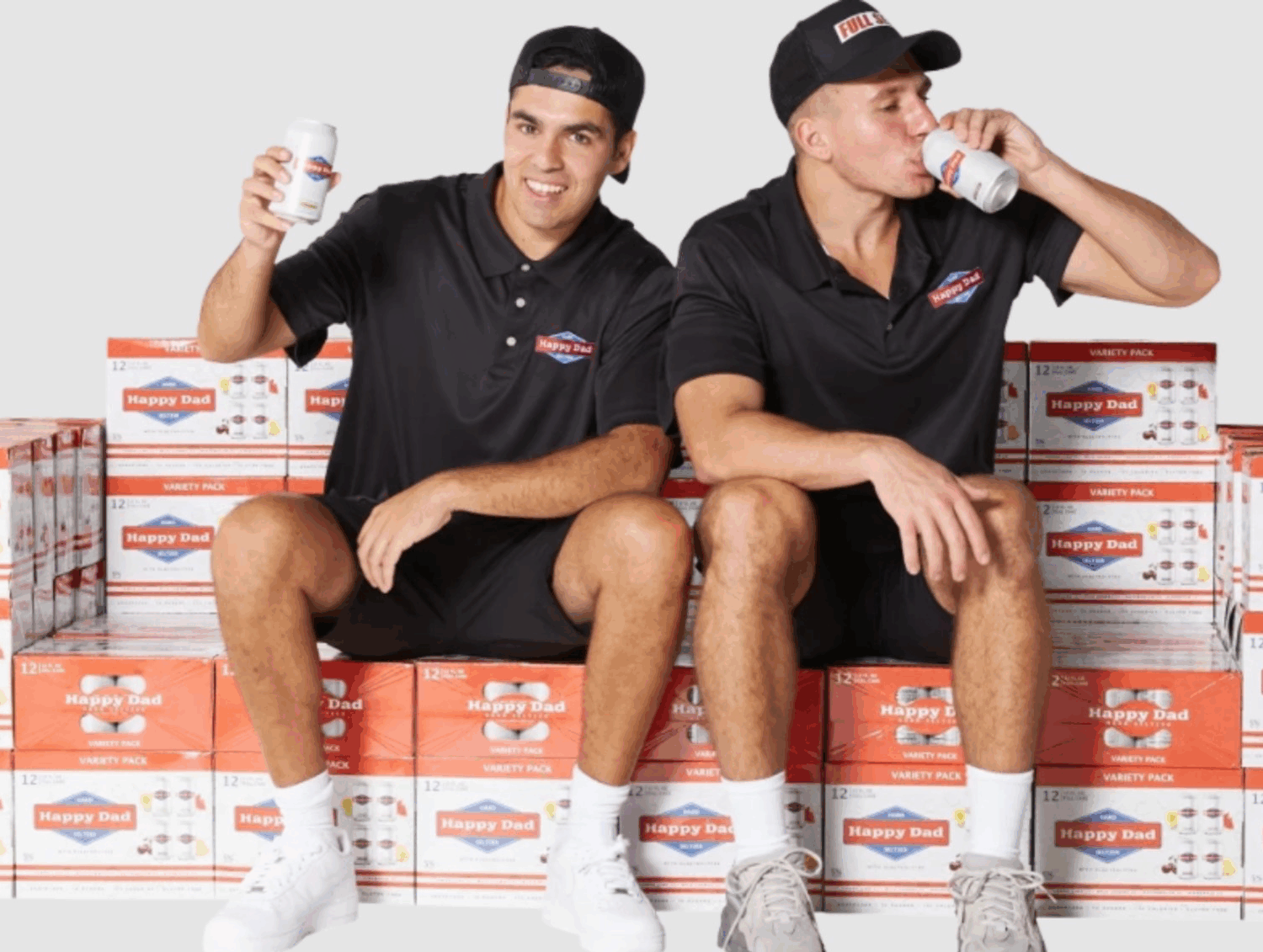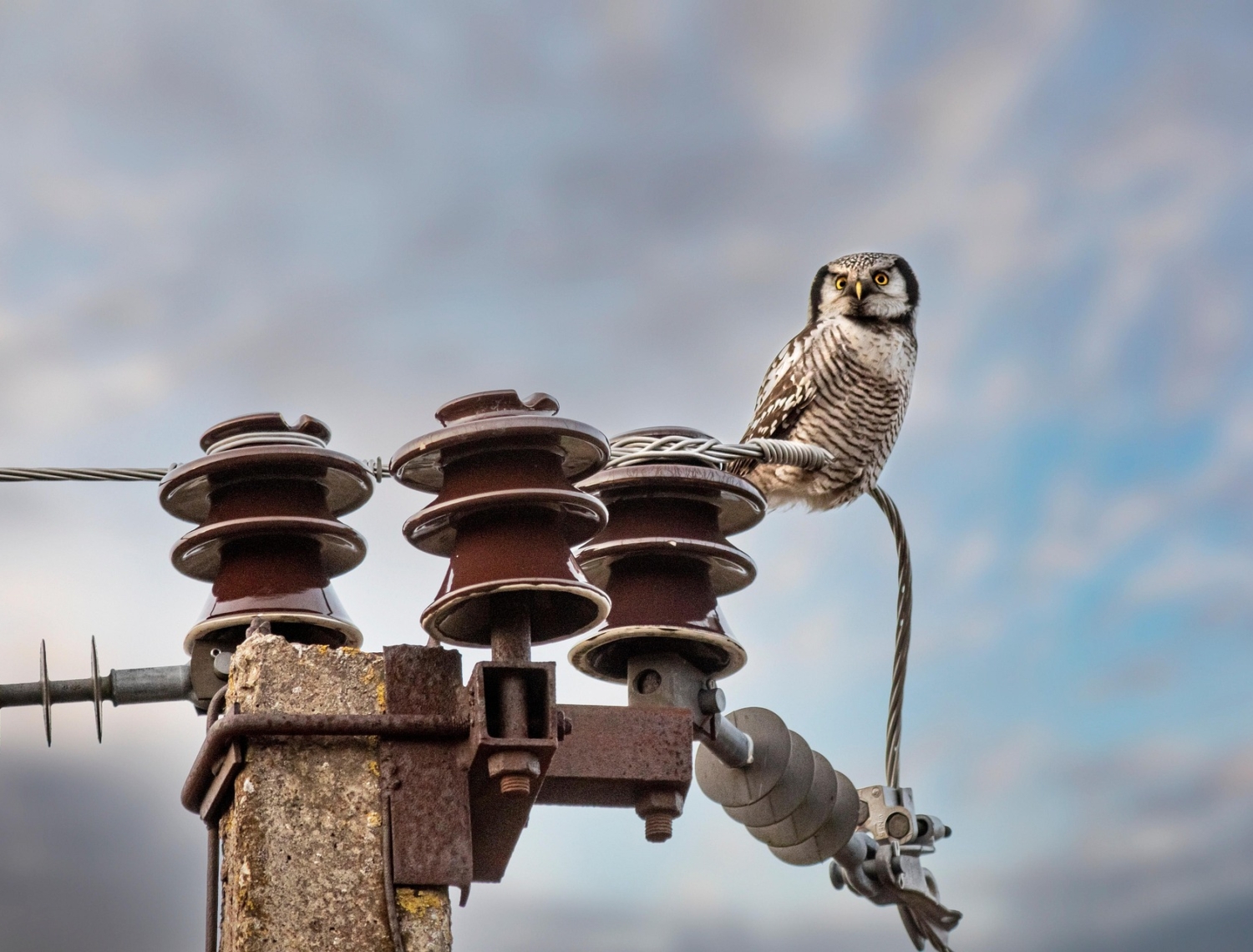It’s incredibly humbling to be celebrating the fourth anniversary of Sounds Profitable with all of you. While the hard work of James Cridland, Evo Terra, Ian Powell, Gavin Gaddis, Tom Webster, Manuela Bedoya, Newton Schottelkotte, Arielle Nissenblatt, Shreya Sharma, and most recently, Kristin Myers is a significant part of what makes Sounds Profitable what it is today, it’s you, our readers, partners, and friends, who give our work meaning. Your continued engagement drives us to strive for excellence in this industry, and I hope it’s crystal clear how much we cherish the opportunity given to us to make this industry better.
I’m always happy to share our journey with you in person the next time we meet at an industry event or conference. I’ll gladly share all the details, from the absolute fear of trying to create Sounds Profitable after being let go at Megaphone, with a new mortgage, a 2-year-old, and just starting to try for our second child. To how I got Tom Webster to join me on this wild ride. And even the terror that came with publicly making a public statement about the iOS17 download fix, as a trade association, knowing it was the right thing to do for the industry–and could easily have ended Sounds Profitable.
But it didn’t; here we are, more energized than ever. To keep this momentum going, I’d like to share some thoughts on where we collectively need to focus our efforts.
Fight For Attention
Podcasting’s open nature is entirely unique and wonderful, but it’s not the only valuable thing about our medium. As we witness the convergence of podcasting with social media influencing and YouTube content creation, it’s clear that ‘audio-forward’ content is in high demand. While these new formats may not always utilize RSS or Dynamic Ad Insertion (DAI), they’re expanding the definition of podcasting. Instead of debating semantics, we should focus on how to serve our audience across all platforms as best we can.
In 2018, the President of Nintendo of America, Reggie Fils-Aime was once asked whether he saw Xbox and Playstation as direct competitors.
He was quick to respond, “I don’t,” and explained as such, naming off the amount of minutes in a day and lining out what consumers do outside of eating, sleeping, working, or going to school, calling the time left over “entertainment time.”
“All of the rest of that time is entertainment time,” Fils-Aime said. “That’s what I compete for, minute by minute. That time you spend surfing the Web, watching a movie, watching a telecast of a conference: that’s all entertainment time we’re competing for. My competitive set is much bigger than my direct competitors in Sony and Microsoft. I compete for time. When I do that, I have to be creative and innovative in order to win that battle.” (Quoted in Shacknews October 8, 2018)
This is the same battle we fight in podcasting. So why wouldn’t we want podcasts in Audible when audiobooks compete for my time? Or in Max, even though I can’t turn the screen off when playing the podcast? On article websites and newsletters? Social media platforms and more? The phrase is “Wherever YOU get YOUR podcasts,” not “Wherever I want you to get my podcasts.”
Sharing (And Challenging) Perspectives
I’m unsure if any company can “win” anything regarding media or advertising anymore. But I’m pretty sure two or more companies collaborating can. Collaboration is key in our industry. While proprietary information has its place, there’s immense value in sharing perspectives and data. Companies like Magellan AI, Podscribe, Triton Digital, Spreaker, and Libsyn (to name a few) consistently contribute to our collective knowledge with the data they share publicly. These shared insights provide a foundation for growth, whether we agree with them and adopt them or use them as a springboard for further research and innovation.
Most recently, one that stuck out to me was the collaboration between Podscribe and Oxford Road around the ideal ad load before ad performance is impacted. When presented with that perspective, there are only two options: agree and join in or disagree and challenge it with data. While the easy path is the first option, we all grow from the second. Being presented with additional data to improve a perspective helps everyone. Nobody involved believes their perspective is 100% accurate, but it’s something that people can latch on to or challenge. It moves the conversation forward. It defines the rule that we can measure things by, impacting the price buyers are willing to pay for inventory, and puts the power into the hands of the seller to show why that doesn’t apply to them or the math is wrong. The end result is better for everyone.
Let’s continue to share perspectives, collaborate, and test ideas. Whether done quietly or loudly, this practice will drive our industry forward, and I know that’s a goal we all share.
Green With Envy
One thing you won’t see in this space is spicy hot takes on recent podcast deals. Wondery’s recent signing of New Heights for $100 million over three years doesn’t mean that 400 projects at $250k each were not greenlit. Trivializing the deal by dismissing their incredible growth and the fact that they held onto it just because they’re “celebrities” is not good reporting. The deals that didn’t pan out before weren’t all celebrity driven, but it sure is easier to highlight celebrity-related failure than indie failure.
Sure, there have been some deals that were not a good look for our industry over the last four years; hey, I shaved my head for three of those four years because I felt like I was going bald, which also wasn’t a good look.
It’s crucial that we, as an industry, maintain a balanced perspective on major deals and developments. While analyzing these events is natural, we should focus on understanding their broader implications rather than making hasty judgments. For instance, Wondery’s recent deal with New Heights isn’t just about podcast ad sales – it’s a strategic move that integrates with Amazon’s broader content ecosystem, including NFL broadcasts, like Thursday Night Football and the upcoming NFL playoffs. And if that’s all under the same umbrella, is reminding people that the next game is streaming Thursday on Amazon Prime an ad, or is it content plus incredibly smart licensing?
Amazon isn’t the only example. SiriusXM, iHeart, and Spotify are all thinking one way: bigger. These deals represent a new phase in our industry that extends beyond traditional podcasting boundaries. They’re about creating synergies across platforms and content types. As these strategies succeed, they’ll create more opportunities and demand for quality content and inventory.
Wrapping It Up
I miss writing every week, but I also don’t because it doesn’t come easy, and I second-guess every word I write. I started writing to help as many people as possible grow in this space, and while I helped them, I grew too. I love podcasting. I get to share it with my wife and kids, who, no joke, know a handful of your names because I make them listen to the credits of their favorite shows. I get to share it with all of you and with the new friends I’m making as we settle into our new city.
I also wanted to say that I’m sorry to the creators who were hurt in the whirlwind over the last few years because we didn’t include them enough in what was happening on the business side. I’m sorry that we’re past the time when every interesting idea was greenlit and production companies were easier to sell. I want all of you to make fantastic money working in podcasting and retire early. But that doesn’t mean new, beautiful things aren’t being created every single day in podcasting. It just means that you need to prove it and invest in it yourself before anyone else will pay you to do it. This isn’t unique to podcasting in the slightest, which doesn’t make it hurt any less for those impacted, but it’s important that we don’t throw everything away because things changed. It’s still great here.
There are nearly 175 partners at the bottom of this article and every newsletter we put out. Their support enables us to drive meaningful change in this industry. From hosting events at SXSW to conducting vital research, these collaborations allow us to tackle significant challenges and explore new opportunities. This year, with the help of Kristin Myers, we’re going to be able to expand even further, helping more people and opening the door to podcasting for more industries. And I promise you, we’ll get even better at making clear what it is we do as a trade association for the business of podcasting. I’m excited about the possibilities and look forward to working with more of you to shape this industry’s future. Hit reply if you’d like to learn more.
But most of all, thank you for four great years. We’re just getting started.
New Partners
Sounds Profitable exists thanks to the continued support of our amazing partners. Monthly consulting, free tickets to our quarterly events, partner-only webinars, and access to our 1,800+ person slack channel are all benefits of partnering Sounds Profitable.
- Fairing empowers advertisers to accurately measure podcast attribution at scale through ‘How did you hear about us?’ surveys.
- Wondercraft is the AI-powered audio studio for brands & creative teams: Script, voice & produce studio-quality audio ads & content, in any language, just by typing.
Want to learn more about partnership? Hit reply or send us an email!



















































































































































































































